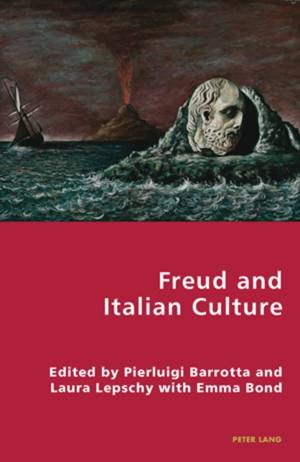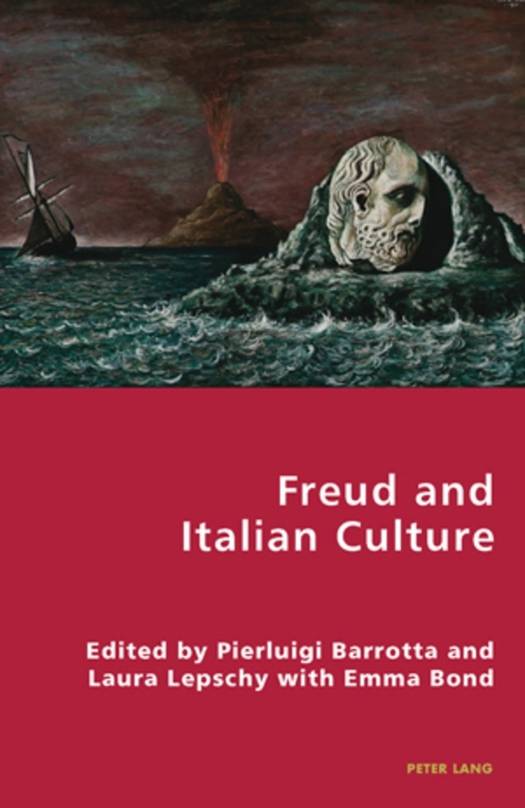
- Afhalen na 1 uur in een winkel met voorraad
- Gratis thuislevering in België vanaf € 30
- Ruim aanbod met 7 miljoen producten
- Afhalen na 1 uur in een winkel met voorraad
- Gratis thuislevering in België vanaf € 30
- Ruim aanbod met 7 miljoen producten
Zoeken
Omschrijving
This book explores the different ways in which psychoanalysis has been connected to various fields of Italian culture, such as literary criticism, philosophy and art history, as well as discussing scholars who have used psychoanalytical methods in their work. The areas discussed include: the city of Trieste, in chapters devoted to the author Italo Svevo and the artist Arturo Nathan; psychoanalytic interpretations of women terrorists during the anni di piombo; the relationships between the Freudian concept of the subconscious and language in philosophical research in Italy; and a personal reflection by a practising analyst who passes from literary texts to her own clinical experience. The volume closes with a chapter by Giorgio Pressburger, a writer who uses Freud as his Virgil in a narrative of his descent into a modern hell.
The volume contains contributions in both English and Italian.
The volume contains contributions in both English and Italian.
Specificaties
Betrokkenen
- Uitgeverij:
Inhoud
- Aantal bladzijden:
- 240
- Taal:
- Engels
- Reeks:
- Reeksnummer:
- nr. 3
Eigenschappen
- Productcode (EAN):
- 9783039118472
- Verschijningsdatum:
- 15/09/2009
- Uitvoering:
- Paperback
- Formaat:
- Trade paperback (VS)
- Afmetingen:
- 147 mm x 221 mm
- Gewicht:
- 362 g

Alleen bij Standaard Boekhandel
+ 142 punten op je klantenkaart van Standaard Boekhandel
Beoordelingen
We publiceren alleen reviews die voldoen aan de voorwaarden voor reviews. Bekijk onze voorwaarden voor reviews.










